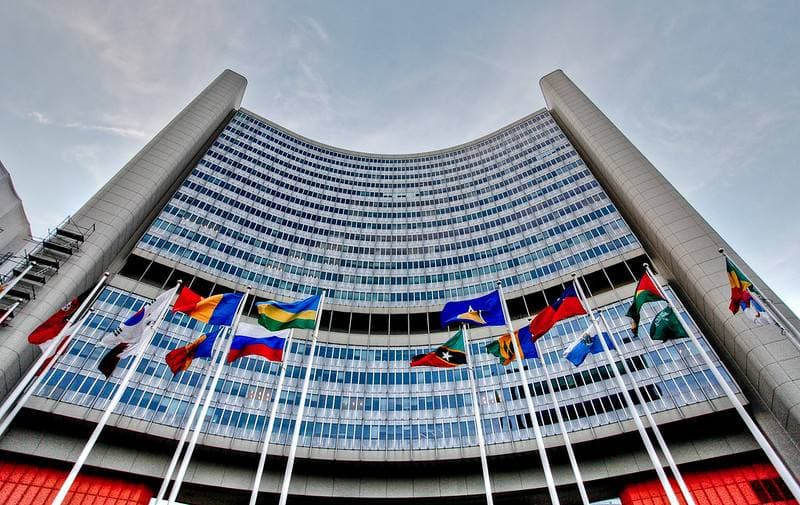The IAEA and its delegates focused on this issue as the presence of nuclear energy continues to pose a threat to the world ın the wake of historic destruction. Possible war situation and the existence of nuclear energy which can be discovered and obtained at any time are a warning about what need to be done on many issues. In addition to technical cooperation, the capacity of these collaboration and the supervision of member countries are part of the seriousness of the work. Peace and security are paramount of the world and every decision taken ın this committee will serve this purpose. Decision makers are ready for this committee.

There has been a good development for the IAEA at the UN in recent years.
During normal operations and particularly in the event of the unexpected, an adequate legal framework for the safe, secure and peaceful use of nuclear technology is indispensable. The national and international nuclear legal systems of today provide a legal framework for conducting activities related to nuclear energy and ionizing radiation in a manner that adequately protects individuals, property and the environment, and helps determine liability when something goes wrong.

The 1986 Chernobyl accident prompted the swift adoption of the Convention on Early Notification of a Nuclear Accident (Early Notification Convention) and the Convention on Assistance in the Case of a Nuclear Accident or Radiological Emergency (Assistance Convention), which form the legal basis for the international emergency preparedness and response framework. Further negotiations led to the adoption of the Joint Protocol Relating to the Application of the Vienna Convention and the Paris Convention in 1988, as well as the Protocol to Amend the Vienna Convention on Civil Liability for Nuclear Damage and the Convention on Supplementary Compensation for Nuclear Damage in 1997. In addition, the 2011 Fukushima Daiichi nuclear accident catalyzed efforts to further strengthen the existing framework for nuclear liability and safety.

"At the time of the Chernobyl accident in 1986, there were few treaties that had been concluded under the auspices of the IAEA in relation to the peaceful uses of nuclear energy,” said Andrea Gioia, Senior Legal Officer at the IAEA. In addition to the adoption of the 1986 Early Notification and Assistance Conventions, the Convention on Nuclear Safety (CNS) was later adopted in 1994, followed by the Joint Convention on the Safety of Spent Fuel Management and on the Safety of Radioactive Waste Management in 1997.
Following the Fukushima Daiichi nuclear accident, Member States adopted the IAEA Action Plan on Nuclear Safety in which one of the 12 areas outlined focused on reinforcing the international legal framework. "The main emphasis here was placed on the effective implementation of the existing treaties, as well as on the strengthening of the nuclear liability regime,” Gioia said.